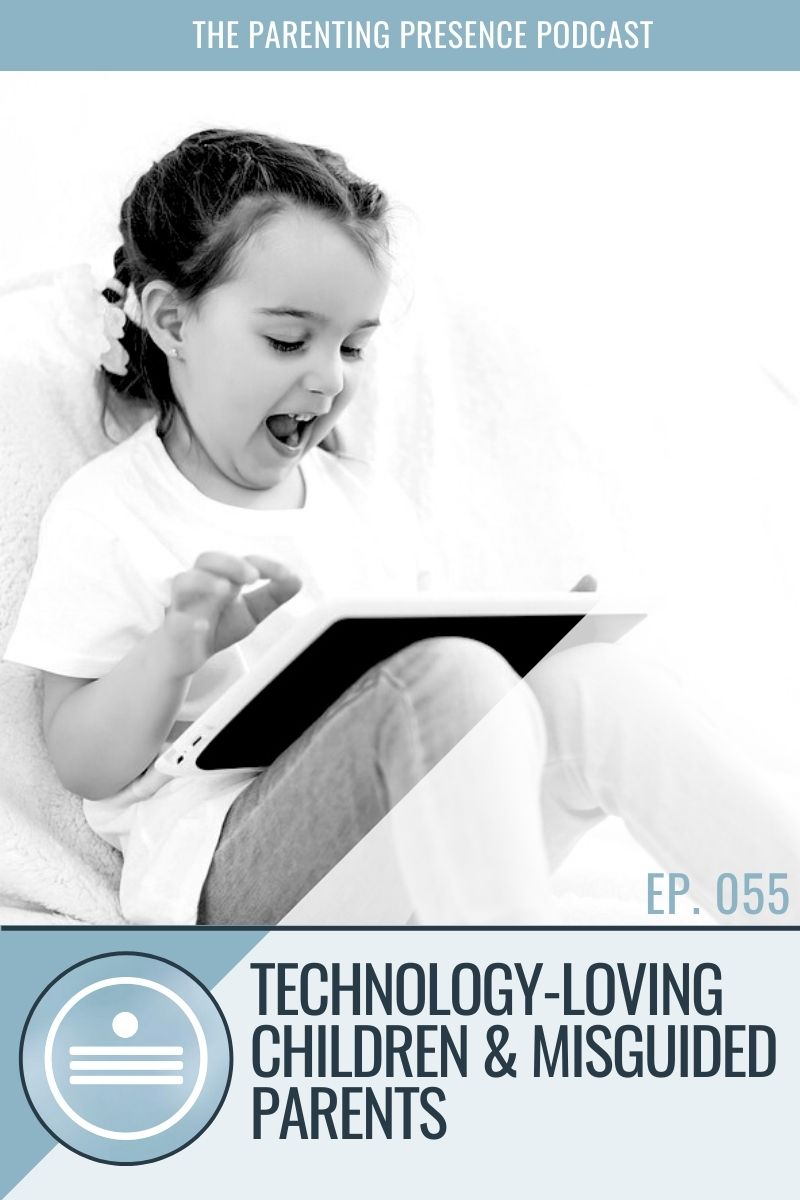
Too many parents are tricked into believing gadgets are great for kids. Are you one of them? Do you believe you have a technology-loving child? Let’s talk about the linguistic tricks and traps of marketing so you can avoid them.
If we see our kids’ obsession with screens as an expression of them being technology-loving children, we are more likely to approve their use of gadgets. The one area where parents get tricked the most by clever marketing is digital devices and smart gadgets… Why? Because one of the clever (even though highly unethical) ways, in which smart devices are promoted, is through twisting of the language used when marketing these products.
Is it really great to have technology-loving children?
Are smart devices linked to smart kids?
That would be nice, wouldn’t it? If it were true… Oh the stories we are being told and sold into! To sell gadgets and devices for kids, the companies need to convince their parents that this is a good thing. And the marketing departments know that there are certain words that parents find more appealing.
These words put us into a different frame of mind and make us think that we are buying something “smart” and “engaging” and “educational”… At the very least, they make us think that we are purchasing something that is “developmentally appropriate” and good for our children. It isn’t so. And it most certainly isn’t so just because the company says it is.
In this episode we discuss several words and phrases that are used to promote screens to kids. And I invite you to think about what truly stands behind this misrepresentation. For example, when a device is called smart, is it because it makes our children smarter? Or is it because it has a built-in A.I. (Artificial Intelligence) that learns about the users and manipulates them into staying on the device longer? Yup, the latter.
And if you ever wondered why your child is glued to the screen, it is precisely because the device is smart enough to keep them on. The smarter the device, the bigger hold it has on our child’s attention.
Don’t be tricked by these phrases:
- Smart Gadgets, Smart Kids
- Engagement
- Technology & Tools
- Technology-loving Children
These are the things companies want you to believe you are getting. But actually, smart devices don’t make smart children, quite the opposite. And instead of engagement, what we are actually inviting is distraction. Furthermore, when they say “technology” what they really sell you are digital devices with screens, which children rarely use as tools. And finally, let’s be honest… Is it really technology-loving children that we are talking about, or what we are really looking at is obsessions and screen-addictive behavior?
Let’s be honest with ourselves. Let’s be wise.
When we look beyond the words that sell, we can see the reality of what we buy.
Think about this point. Be warned. If you as a parent want to have a say over your child and have parental control in shaping your child’s behavior, thinking, and choices, then staying away from smart devices is your best bet.
The social and cognitive reshaping that smart devices are capable of is what you need to be very aware of. The one thing you could do to better understand how many of these “social” platforms and digital devices are designed is to watch a really eye opening documentary. I hope you’ve heard of it before and that you had watched it. But if not, please do yourself a favor and watch it. Your kids will thank you later. It is called The Social Dilemma and here is the link to it:
The Social Dilemma (2020)
And as I said in the previous episode, we cannot parent on auto-pilot. Use your discernment and have the courage to guard your children from the people, things, and platforms that do not serve them.
.
